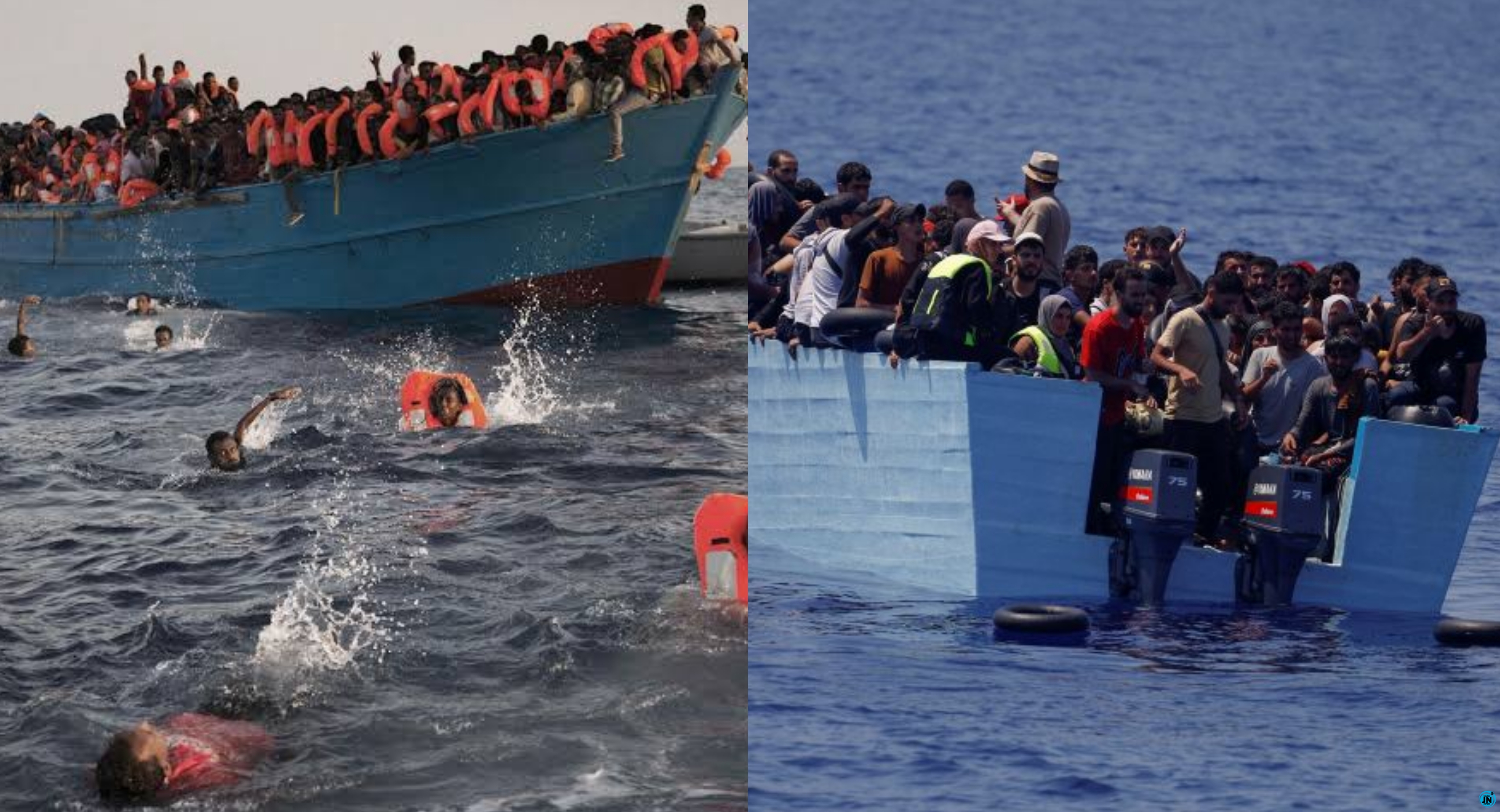
The Libyan Department for Combating Illegal Migration (DCIM), in close collaboration with the Nigerian Consulate in Tripoli, has successfully deported 80 Nigerian nationals who were detained in the North African country for engaging in irregular migration activities.
The coordinated repatriation exercise took place earlier this week through Mitiga International Airport, Tripoli, marking another significant step in the ongoing partnership between Libya and Nigeria to combat illegal migration and ensure the safe return of stranded citizens.
Reports from Migrant Rescue Watch, a humanitarian organization that tracks and advocates for the welfare of migrants in Libya, revealed that the deportation was carried out following official judicial orders issued by the Libyan Judicial Police.
According to the group, the affected individuals were previously held at various detention and holding facilities across Libya. They were later transported under heavy security escort to the airport, where they were placed on a flight back to Nigeria after completing all required verification and documentation processes.
Collaborative Efforts to Address Irregular Migration
The Libyan authorities emphasized that the deportation aligns with their broader mission to reduce the number of undocumented migrants in the country and manage the humanitarian crisis caused by irregular migration. Officials also noted that the Nigerian Consulate played a crucial role in ensuring that the deportation process was humane, transparent, and in line with international standards.
Representatives from the Nigerian Consulate confirmed that all returnees were properly profiled, documented, and cleared before departure. Consular officials also provided necessary assistance to ensure their safe journey and reintegration upon arrival in Nigeria.
Migrant Rescue Watch stated that the operation was executed with respect for human rights, highlighting that no excessive force was used during the transfer. The organization praised both governments for maintaining a strong bilateral cooperation aimed at managing migration challenges more effectively.
Libya’s Growing Role in Migration Control
Libya continues to serve as a major transit point for thousands of African migrants attempting to cross the Mediterranean Sea into Europe. Many of these migrants, including Nigerians, embark on perilous journeys through the desert and sea in hopes of finding better living conditions abroad.
However, due to strict border controls and increased surveillance by the Libyan authorities, a large number of migrants are intercepted before reaching the coast. Many end up in overcrowded detention facilities, facing difficult conditions and uncertain futures.
Humanitarian organizations, including the International Organization for Migration (IOM) and the United Nations High Commissioner for Refugees (UNHCR), have repeatedly called on African governments to create more sustainable job opportunities and safer migration channels to prevent citizens from risking their lives on dangerous routes.
The recent deportation highlights the ongoing commitment of both Libya and Nigeria to collaborate on curbing illegal migration, promoting safe return, and protecting the rights of citizens abroad. Officials confirmed that further joint exercises will continue in the coming months as part of wider regional migration management strategies.
Meanwhile, authorities urge Nigerians and other African nationals to avoid illegal migration routes and seek proper documentation before traveling, as international agencies work to establish safer, legal, and more structured migration pathways for those seeking opportunities overseas.